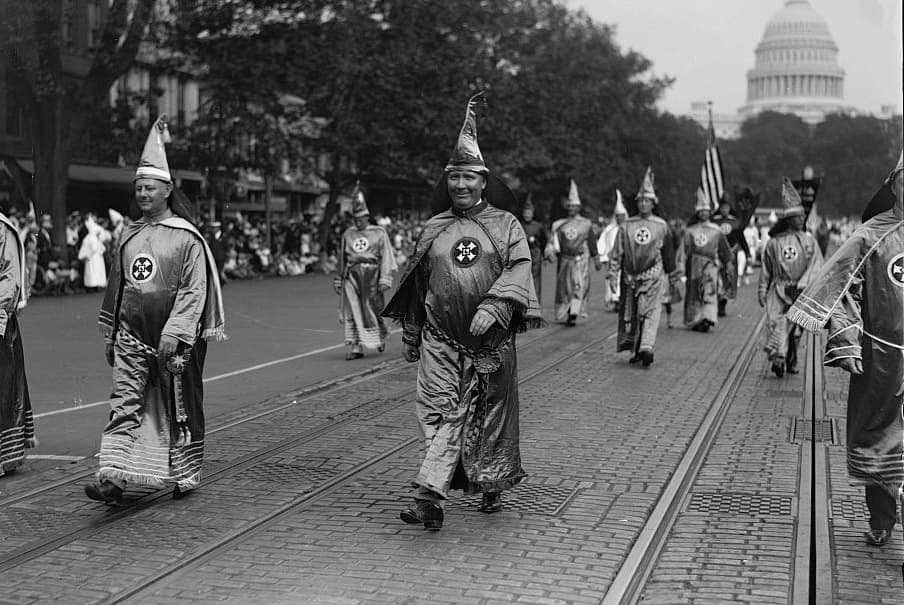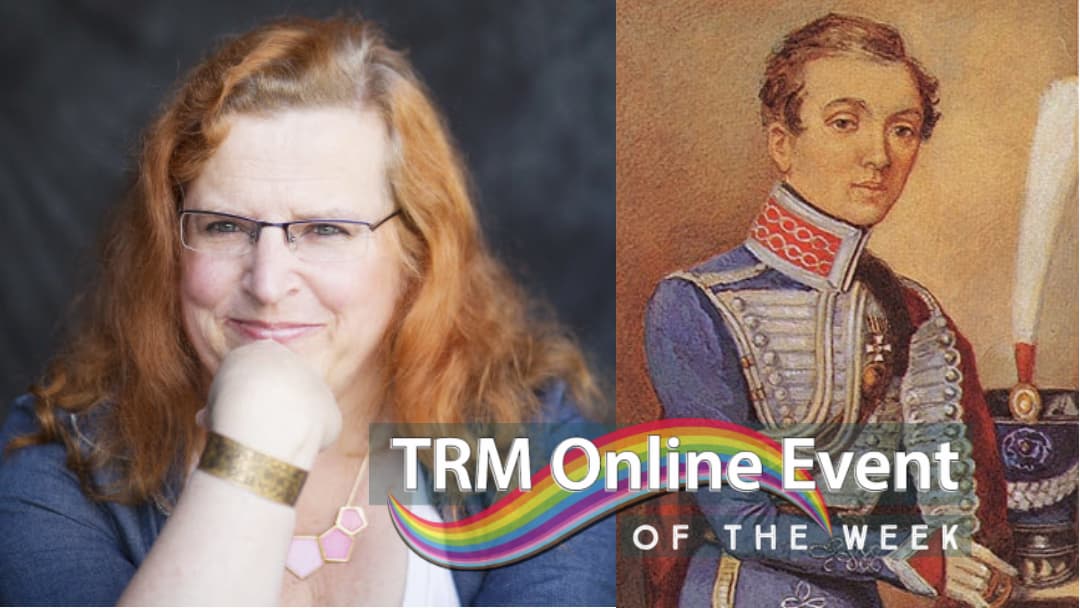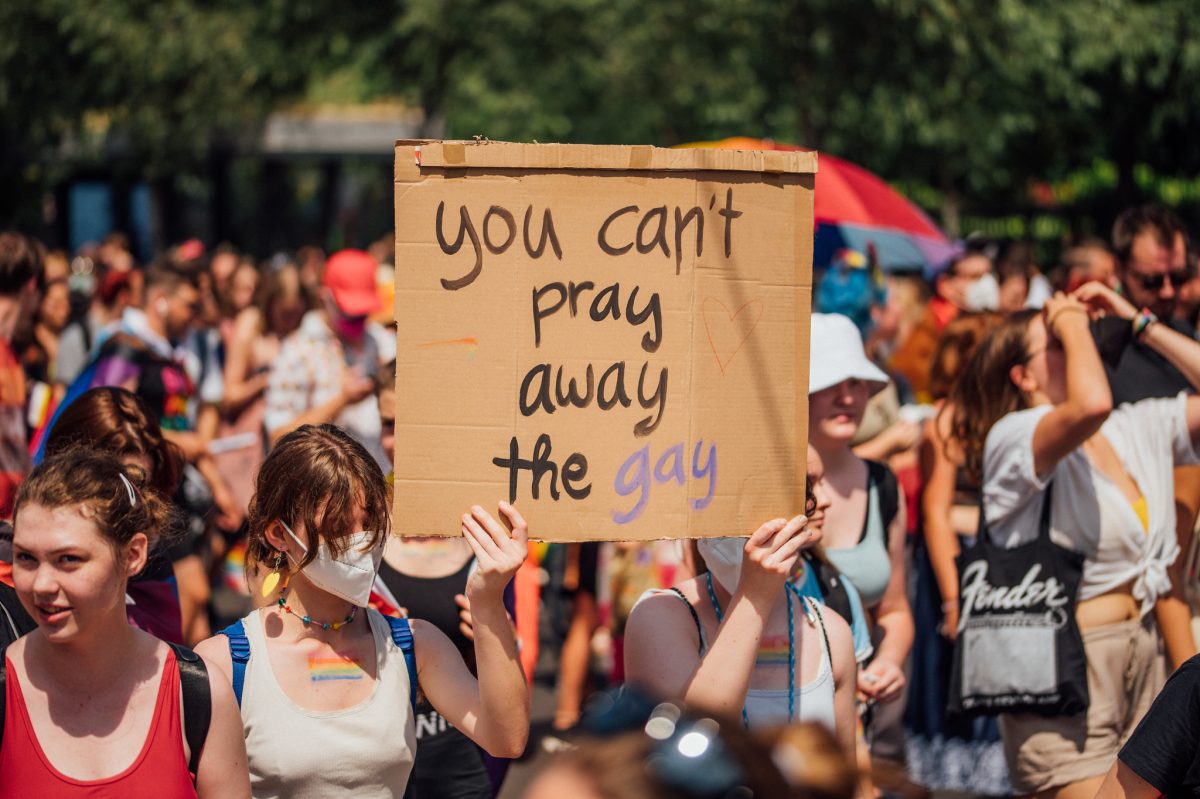ONLINE — The true story of a transgender Ukrainian-born Russian soldier in the 19th century tops this week’s TRM Online Event of the Week picks.
Learn about war hero Aleksandr Aleksandrov, born Nadezhda Durova in 1793, during “Researching the ‘Cavalry Maiden’,” an online event happening at 12:30 p.m. CST Tues., Feb. 21 (6:30 p.m. Bristol, United Kingdom). This one-hour discussion features acclaimed science fiction writer Cheryl Morgan, the first-ever openly transgender person to win a Hugo Award, which honors literary accomplishments in science fiction and fantasy writing.
‘Trans history geek’ Morgan helps illuminate the transgender existence of Aleksandrov
Morgan, who describes herself as a “trans history geek,” will outline how Aleksandrov chose to live the rest of his life as a man even after he completed a decorated career of military service. Many historical accounts indicate instead that Aleksandrov only presented as a man while serving in the military as a war hero fighting against the invasion of Russia by France.
Even Aleksandrov himself used the term “amazon warrier” to describe himself in his autobiography, “The Cavalry Maiden.” Yet, Aleksandrov used male-identified terms to describe himself even long after he served with the Russian army. He never did return to the role of wife and mother that he had filled for just a few years before enlisting for military service.
During a career that spanned 1806 to 1812, when Russia endured invasions from France, Aleksandrov gained fame for sacrificial service, with accounts of him turning his horse over to a wounded fellow soldier, leaving himself to walk back to camp, or administering aid to others under fire.
Historian Marianna Muravyeva of Moscow’s National Research University describes the life of Aleksandrov (who also went by the last name of Sokolov) as a testament to the visibility of transgender people even before terms were created for them to describe themselves. “That she could be open and maintain a masculine lifestyle, it tells you a lot about Russian society at that time [compared with today],” Muravyeva says in a 2016 interview with Ozy Magazine.
This online event is presented by the Bristol Museum and Library in Dublin, Ireland. Learn more at the event Facebook page, where you’ll find instructions to sign up.
Historian Dexter shines light on “second-wave Klan” in southern Illinois
Have you heard the term “second-wave” when referring to the history of the Ku Klux Klan? It was a re-emergence of the racist group in the early 1900s, after it had nearly died out from its original formation in the late 1870s. Turns out some of that rebirthing occurred in southern Illinois, and historian Darrel Dexter will help us all better understand how it all went down during an online and in-person talk at 11 a.m. Saturday titled “Pulling Back the Sheets.”

This photo of a “second-wave Klan” parade is from 1926 (United States Library of Congress)
Dexter’s talk holds extra relevance today as hate crimes of all kinds are increasing. The era of the “second-wave Klan” was an era of “morality police” whose proclaimed enemies were beyond race and ethnicity, writes Tara McAndrews in JSTOR. “While the first Klan focused on blacks, this wave also fought Catholics, Jews, intellectuals, and anybody else it felt was hurting America. At heart, it was a nativist movement that drew sympathy from those who still saw blacks as unequal to whites,” McAndrews wrote.
In his talk at the Carbondale Public Library, Dexter will explain how the second-wave Klan started in Alexander and Pulaski counties, at the very southernmost tip of Illinois, and also what led to their demise. Pre-register for this free event here.
(This is part of TRM’s new weekly series spotlighting timely, educational and progressive online events. To submit your online event for consideration, email reachus@therealmainstream.com)






